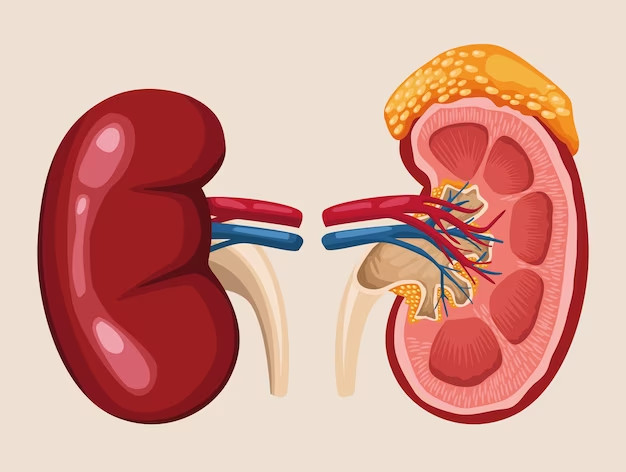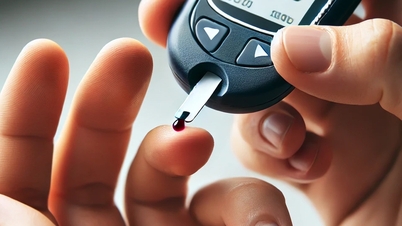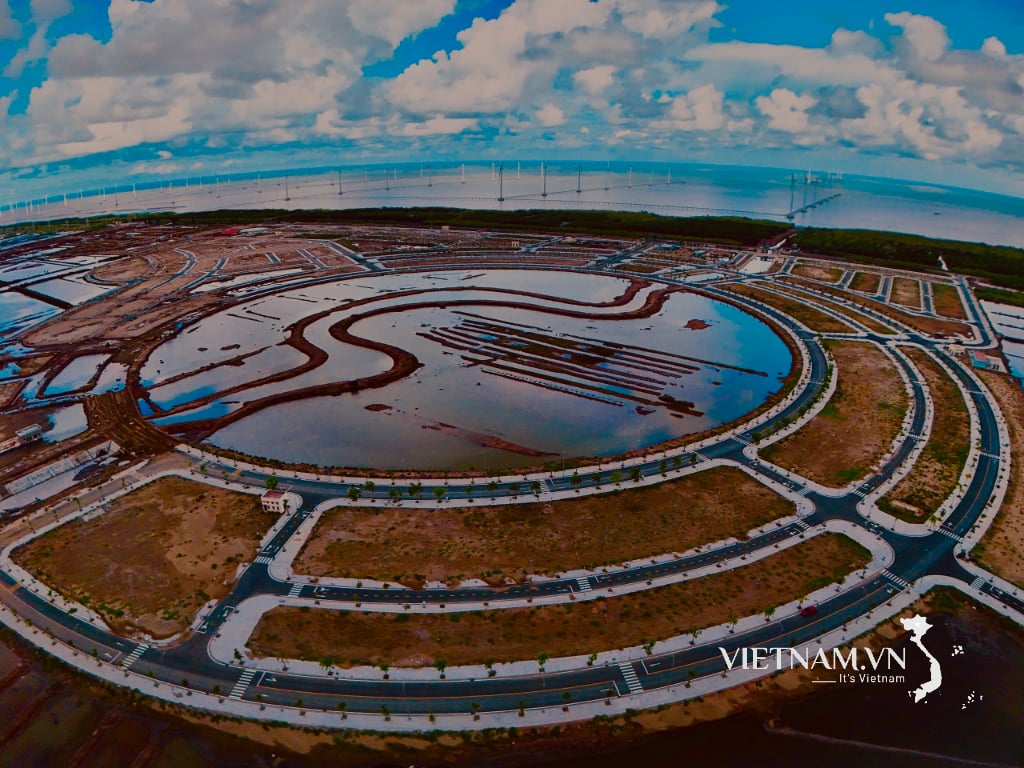Most people with kidney disease have no symptoms until the disease is advanced. The kidneys can lose up to 90% of their function without causing any symptoms, according to the Times Of India.
Here, the National Kidney Foundation of America points out 9 habits that you can damage your kidneys.

Many people do not know what they have done that causes kidney failure.
1. Abuse of painkillers. Many people have the habit of buying painkillers to take whenever they have a headache or runny nose, not knowing that this can damage the kidneys. Up to 3-5% of new cases of chronic kidney failure each year are due to painkiller abuse.
Long-term use, especially at high doses, has harmful effects on kidney tissue and structure. These drugs can also reduce blood flow to the kidneys.
2. Smoking. Smokers are more likely to have protein in their urine, a sign of kidney damage. They are also more likely to need dialysis or a kidney transplant.
3. High salt intake . A diet high in sodium raises blood pressure. High blood pressure damages the kidneys over time and is the leading cause of kidney failure.
4. Consume lots of soft drinks and processed foods. Studies have shown that drinking 2 or more cans of soft drinks a day increases the risk of developing chronic kidney disease.
Processed foods are a storehouse of sodium and phosphorus, which can lead to kidney disease.
5. Eating too much protein. Protein is essential to a healthy diet. But if you have weak kidneys, eating too much protein can overload your kidneys, according to WebMD .
6. Poorly controlled diabetes. Diabetes is the most common cause of kidney disease. About half of people with diabetes do not know they have diabetes. About half of people with diabetes have kidney damage, but this can be prevented or limited if diabetes is well controlled, according to the Times Of India .

Continuous overtraining causes rhabdomyolysis, releasing substances into the blood that can damage the kidneys.
7. Ignoring high blood pressure. High blood pressure can constrict and narrow the blood vessels in the kidneys, reducing blood flow and preventing the kidneys from functioning properly.
8. Not drinking enough water. Dehydration, especially chronic dehydration, can lead to kidney stone formation and affect kidney function. Dehydration also causes acute kidney failure.
9. Overtraining. This can cause rhabdomyolysis, which releases substances into the blood that can damage the kidneys and cause them to fail. Don't suddenly increase the intensity of your workout. Avoid exercising in high heat and humidity. See your doctor if you have muscle pain and dark urine, according to WebMD .
Get your kidney function checked if you have one or more "high-risk" factors: diabetes, high blood pressure, obesity, or a family history of kidney disease.
Source link


































































































Comment (0)